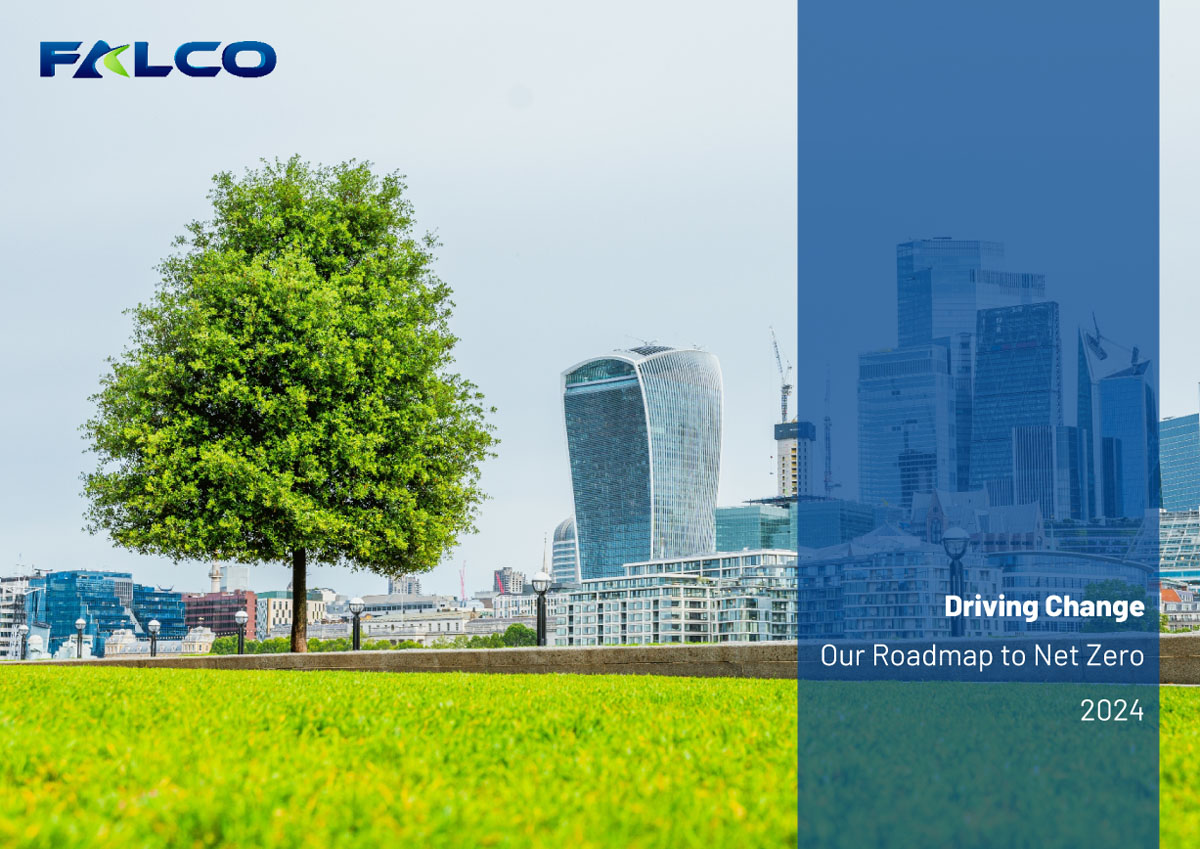Falco has published its first Net Zero Report.
The document contains a route-map and initiatives to meet its stated ambition to transition to net zero emissions by 2035.
Founder and Managing Director of Falco, Brendan Griffin, says the report restates the company’s commitment to set the pace and show leadership in tackling climate change in the utilities sector:
“The issue of sustainability has been on our radar for some time and the implementation of serious, practical measures to plan, lower and report our emissions over the last few years has seen us reduce our own carbon footprint per £m revenue by 41% based on our 2010 baseline,” he said, “We know there is much more to do and this report sets out a realistic timeline and route-map to achieving Net Zero emissions within the next decade.”
The utilities sector is estimated to be responsible for over a third of the UK’s total greenhouse gas emissions. There is therefore considerable pressure on all those involved in the industry from network operators to maintenance contractors and supply chains to reduce energy consumption and to publish their plans, strategies and achievements.
Falco has been calculating and reporting its corporate carbon footprint for 4 years which has revealed that logistics accounts for over 98% of its emissions. It has therefore concentrated on efforts to reduce the fuel consumption of its 240-strong fleet which it uses to maintain utilities infrastructure for, among others, Thames Water and UK Power Networks throughout London, the Home Counties and East Anglia.
The company rolled-out new EURO IV-complaint fuel-efficient vans in 2022 while introducing traffic management and field management software as well as telematics to further reduce consumption.
The report sets out future plans to introduce biofuels for plant and logistics, carbon offsetting of scope 1 and 2 emissions and details of its current trial of state-of-the-art, fully-electric mini-excavators which emit zero emissions of NOX, particulates and 30% less noise with view to rolling-out across their operations in 2028. A transition to EV’s for logistics is planned as soon as commercial viability and adequate network infrastructure is in place.
Click to download Falco’s Net Zero Report.
